Chronic kidney disease (CKD) presents significant challenges, demanding a proactive and informed approach to self-care. Effective treatment begins with an awareness of the significance of the kidney in our general health and the influence of lifestyle choices on renal function. This article offers doable tactics, such as stress reduction and dietary modifications, to enable people with CKD to embrace a comprehensive self-care way of living. Let’s navigate the CKD self-care terrain together, discovering actionable insights for better health and longevity.
1.Understanding Chronic Kidney Disease:
Chronic kidney disease (CKD) is an ailment that should be effectively treated. Chronic kidney disease (CKD) can result from renal oddities, since strong kidney ability is significant for by far most body capacities. It’s critical to identify symptoms early on, such as persistent weariness or changes in urine production. Being aware of this prepares one to practice effective self-care.
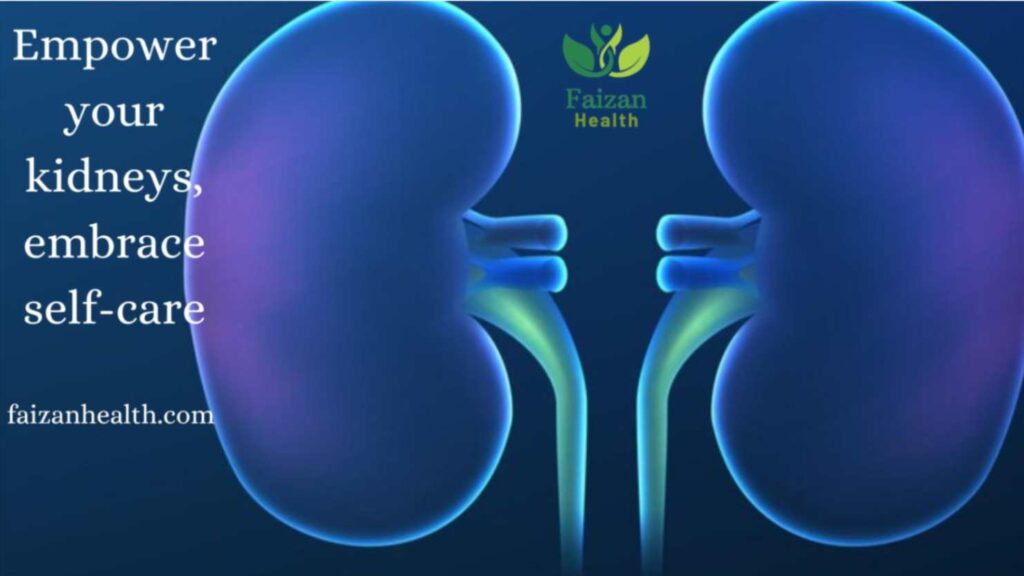
Importance of self-care in managing chronic kidney disease:
Understanding the association between way of life decisions and kidney wellbeing is significant in the administration of CKD. By taking on a proactive taking care of oneself methodology, people can influence the movement of CKD and work on generally wellbeing.
Long-term benefits of self-care:
Committing to self-care isn’t just about quick relief. It’s an investment in long-term health. Self-care routines on a regular basis can improve quality of life, lessen difficulties, and decrease the progression of CKD. The first step toward achieving optimal kidney health is realizing and accepting the significance of long-term self-care.
2.Dietary Management for Chronic Kidney Disease:
Make thoughtful food choices in order to control Chronic Kidney Disease (CKD). A nutritious diet is crucial to self-care because it directly affects kidney function.
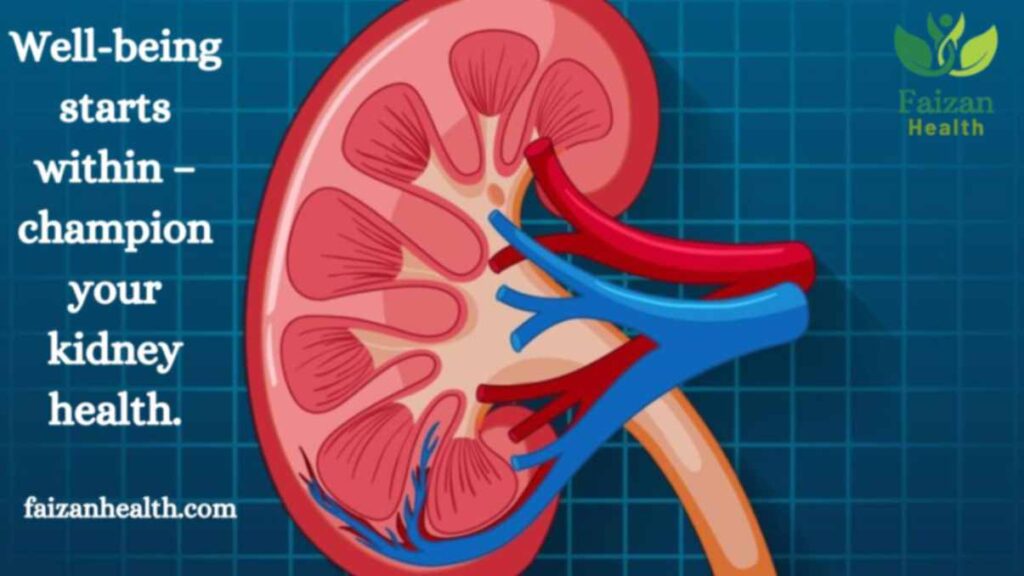
Items to Add to Your Diet:
Including meals that are beneficial to the kidneys is essential for controlling CKD. Choose a diet high in vegetables, fruits, and lean meats. These options enhance general health by offering vital nutrients without taxing the kidneys.
Avoiding or limiting food:
Being aware of the foods that can strain the kidneys is equally crucial. To avoid difficulties, limit your intake of foods heavy in potassium, phosphorus, and sodium. People with CKD can take an active role in their own health by making informed decisions and taking advantage of the nutritional nuances that are important to them.
Exercise and Physical Activity Guidelines:
Notwithstanding dietary precautionary measures, active work assumes a significant part in the administration of CKD. Practice regimens intended to zero in on low-influence exercises add to by and large wellbeing and can decidedly affect kidney capability.
Safe and beneficial exercises for kidney health:
Engaging in exercise such as walking, swimming, or cycling not only supports cardiovascular health but also helps manage CKD. Safe and beneficial exercises meet the unique needs of people with kidney disease, promoting a balanced approach to self-care. Following these guidelines ensures a proactive stance in the journey to better kidney health.
3.Stress Management Techniques:
Individuals who have chronic kidney disease (CKD) need to take care of their physical and mental well-being. Stress management is a crucial aspect of self-care that improves overall wellbeing.
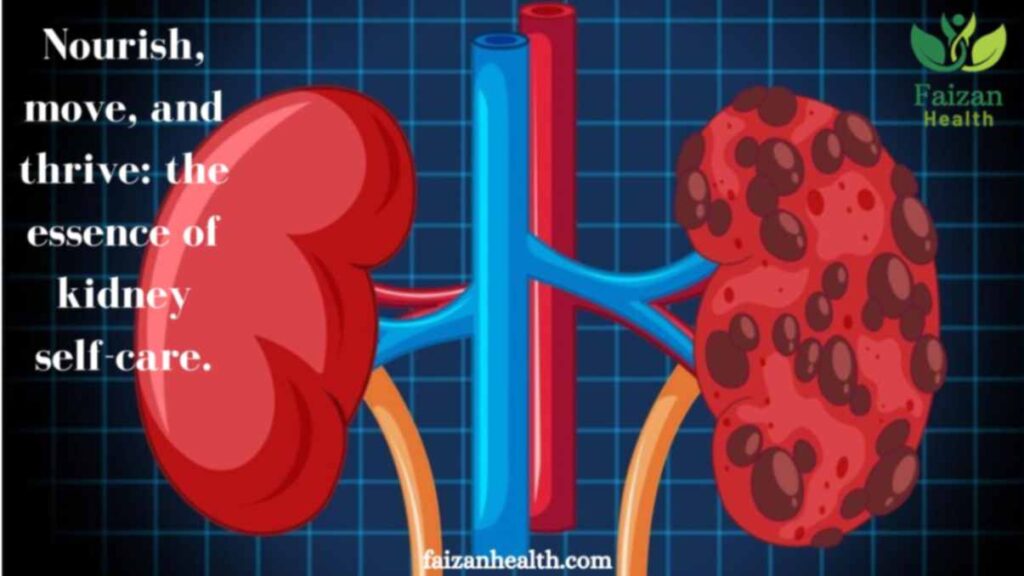
Mindfulness and relaxation techniques:
Consolidating care and unwinding strategies can diminish the close to home weight of CKD. Activities like profound breathing, contemplation, or yoga give apparatuses to explore the difficulties related with this condition.
Effect of stress on kidney disease:
It’s critical to comprehend how stress and CKD interact. Prolonged stress might worsen symptoms and impair renal function. Individuals with chronic kidney disease (CKD) can enhance their quality of life and effectively handle the consequences of their illness by adopting proactive stress management strategies.
4.Regular medical check-up and monitoring:
A vital part of CKD self-care is routine medical examinations and monitoring. These methods enable people to make knowledgeable decisions about their health and offer insightful information about the course of diseases.
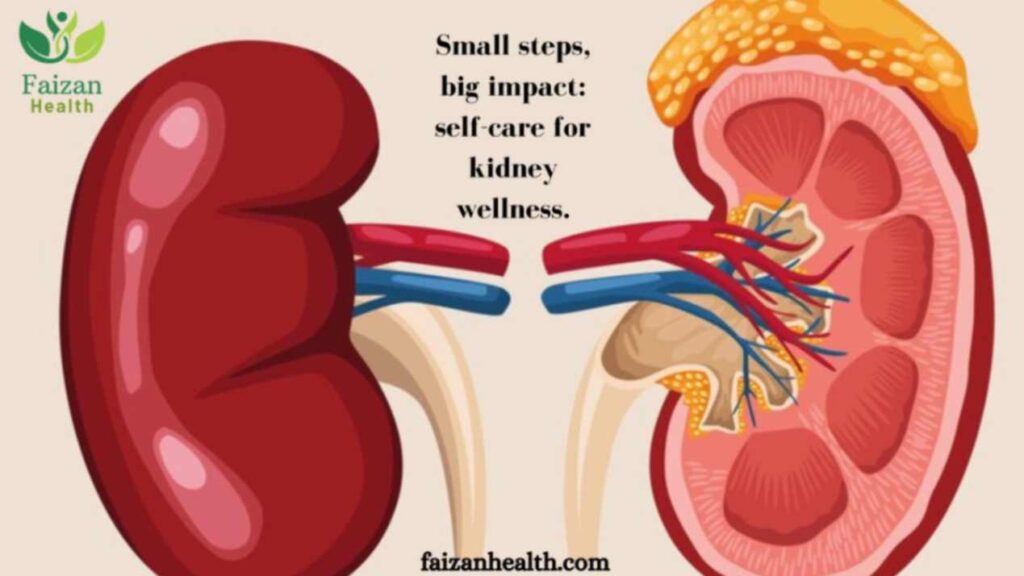
Role of regular blood test:
Regular blood tests are an important aspect of CKD management. Monitoring parameters such as creatinine levels and glomerular filtration rate (GFR) allow early detection of changes, enabling timely interventions to slow progression.
Importance of regular doctor visits:
Frequent visits to health care professionals ensure a proactive approach to CKD management. Regular counseling provides an opportunity to discuss concerns, receive updated guidance, and adjust self-care strategies to meet the individual’s evolving needs.
Adopting stress management techniques and prioritizing regular medical checkups form a strong foundation for comprehensive CKD self-care. By combining these approaches, individuals can navigate the challenges of CKD with resilience and maintain a positive outlook on their health journey.
Read More About How I Knew I Had Cervical Cancer?
5.Conclusion:
In the realm of chronic kidney disease (CKD), informed choices and proactive self-care make the journey to optimal wellness smoother. From understanding the complex relationship between lifestyle and kidney health to adopting dietary changes, engaging in safe exercise, and effectively managing stress, individuals can navigate the complexities of CKD with resilience. Regular medical checkups, close monitoring, and judicious medication management are the pillars of a holistic approach to self-care.
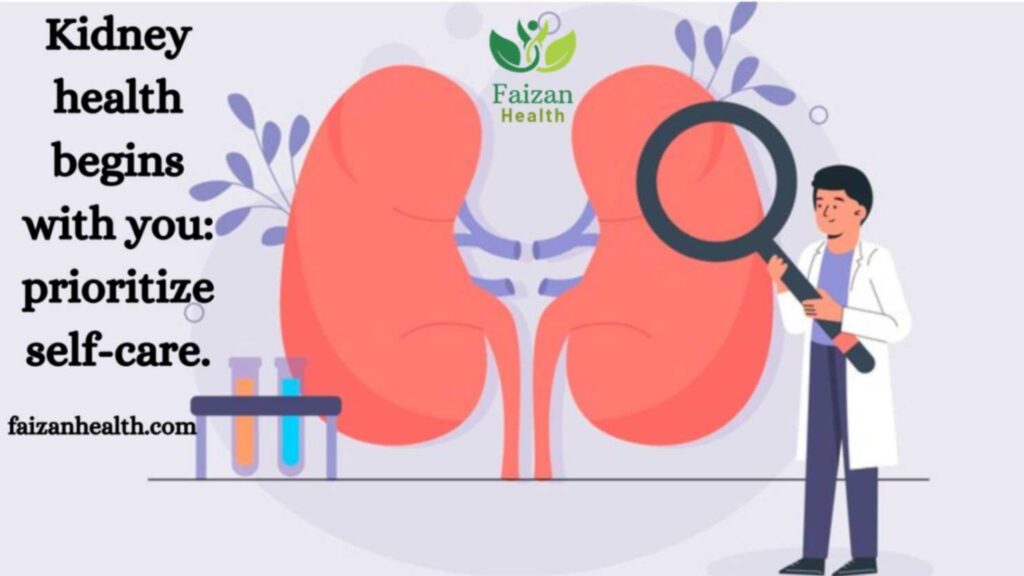
As we conclude this research on CKD self-care, it is clear that empowerment lies in knowledge, awareness, and commitment to long-term well-being. By incorporating these strategies into daily life, people with CKD can not only manage the condition but also develop a sense of control and vitality, adopting a self-care lifestyle that is consistent with the diagnosis. is out of bounds. The path to kidney health is one of constant learning, adaptation, and self-advocacy, and this journey is a testament to the power in achieving wellness.
6.FAQs:
What are the common causes of Chronic Kidney Disease (CKD)?
Common causes include diabetes, high blood pressure, and long-term use of certain medications.
How can I manage stress while dealing with CKD?
Practice mindfulness, engage in relaxation techniques, and prioritize regular medical check-ups to manage stress effectively.
Are there specific exercises suitable for individuals with CKD?
Yes, low-impact exercises like walking, swimming, and cycling are generally safe and beneficial for kidney health. Always consult with your healthcare provider.

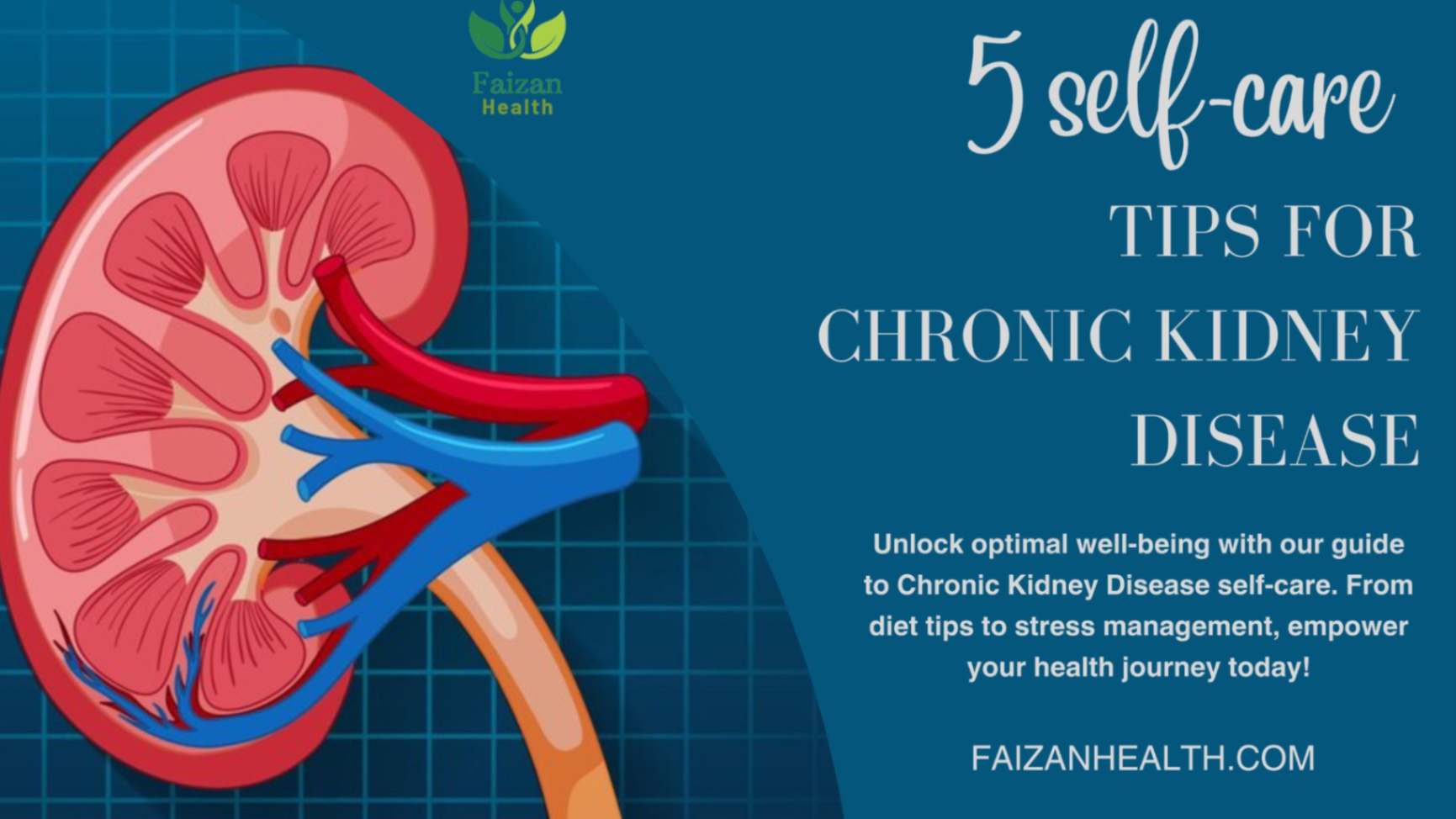
Thanks for sharing. I read many of your blog posts, cool, your blog is very good.
Your article helped me a lot, is there any more related content? Thanks!
Can you be more specific about the content of your article? After reading it, I still have some doubts. Hope you can help me.
I don’t think the title of your article matches the content lol. Just kidding, mainly because I had some doubts after reading the article.
Thank you for your sharing. I am worried that I lack creative ideas. It is your article that makes me full of hope. Thank you. But, I have a question, can you help me?